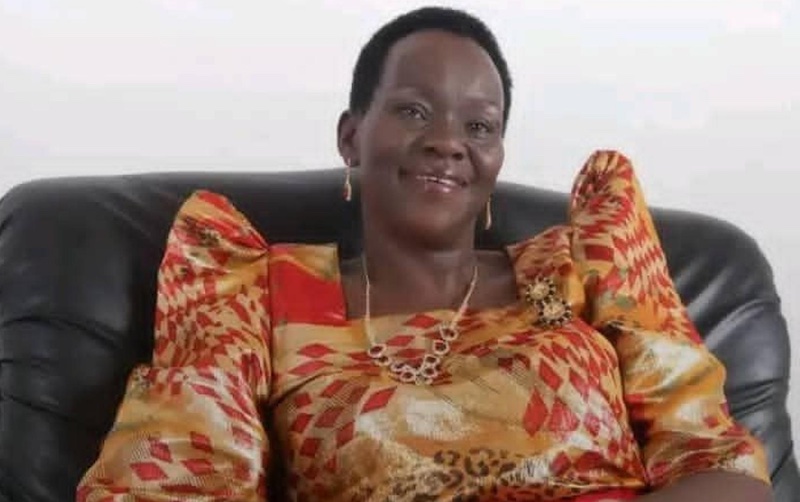
Former minister of state for Gender, Governance, and Community Development Jane Frances Kuka was on Sunday laid to rest in a quiet ceremony in Amukol sub-county, Kapchorwa district, without the anticipated state funeral.
Kuka, 72, died on September 23 at Nakasero hospital in Kampala after a prolonged illness. Leaders from the Sebei sub-region had earlier petitioned the government to honour her with a state funeral, citing her immense contributions to national development, gender equality, and the fight against female genital mutilation (FGM).
But after days of waiting without an official response, the family opted for a private burial. Kuka’s daughter, Jaquelynne Chemisto Kuka, said the decision was made to ensure their mother was laid to rest with dignity.
“The process takes time, and we wanted our mother to be buried in peace,” Chemisto said. “We thank the government for the support and condolence messages during this difficult time.”
Several leaders, cultural figures, and local government officials gathered to pay their respects to the trailblazing politician. Maj. (Rtd) Juma Seiko, a prominent political figure from the region, described Kuka as “a national mentor and unifying force,” adding that “she deserved a state funeral.”
Everline Chebet Kubarika, Kapchorwa district LC V chairperson, hailed Kuka as a pioneer for women in politics.
“She served selflessly and inspired many. We appeal to President Museveni to recognize her legacy,” Kubarika said.
Kapchorwa Woman MP Phillis Chemutai praised Kuka’s bold stand against FGM, noting that her efforts had “protected generations of girls”, while Merisa Cheptegei, LC V chairperson of Bukwo district, said Kuka’s work in rural development and women’s empowerment left a lasting impact across the Sebei region and beyond.
“A state funeral would have been a fitting tribute,” Cheptegei observed.
Mark Cherop Cherirei, programmes coordinator at the Kapchorwa Civil Society Alliance (KACSAO), described Kuka as a role model for integrity, inclusiveness, and social justice.
“She championed unity and transparency, and her legacy in curbing social injustices will live on,” he said.
Widely known for her fearless advocacy against female genital mutilation, Kuka was among the first women from the Sebei sub-region to attain national political prominence.
She is remembered as a pioneering leader whose work in women’s rights, gender equality, and community development reshaped the political and social landscape of Uganda.



